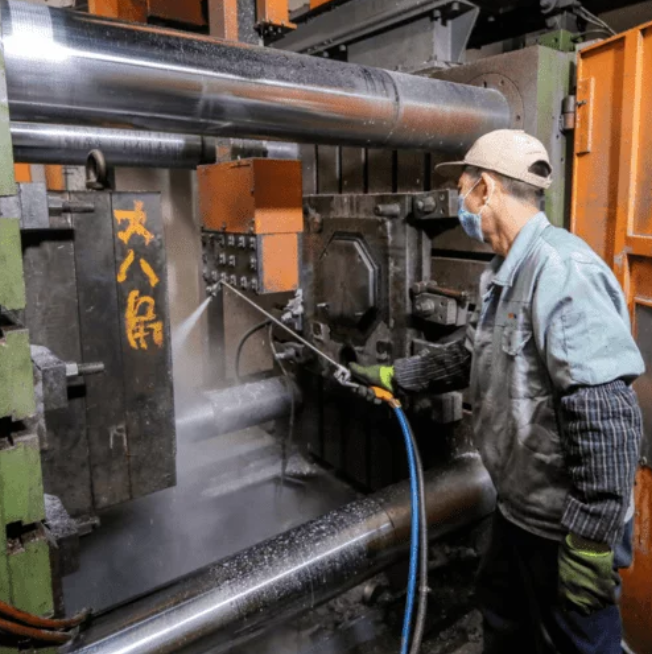Machined castings have been an integral part of modern engineering for several decades. In fact, they have been used to manufacture a wide range of products, from simple components to complex machines, used in industries such as aerospace, automotive, and medical equipment manufacturing. Machined castings are preferred over other manufacturing techniques because of their cost-effectiveness, flexibility, and ability to produce complex shapes with high precision. Today, advancements in the machining process have made it possible to manufacture machined castings that offer enhanced performance and durability.
One of the most significant advancements in the machining of castings is the use of computer numerical control (CNC) machines. CNC machines have revolutionized the manufacturing industry by offering high precision, accuracy, and repeatability. They are capable of producing complex shapes and geometries with an accuracy of up to 0.001 inches. CNC machines are equipped with software that allows engineers to design 3D models of the components they want to produce. The software then converts these models into machine-readable code that is used to control the movement of the cutting tools and produce the final product.
Another advancement in the machining of castings is the use of advanced software tools that simulate the machining process. These tools help engineers to optimize the machining process by predicting the behavior of the material during cutting. They also help to reduce the amount of material wastage by identifying the areas of the casting that are not needed, and those that require more material to be added. This approach has been successful in reducing the cost of production and improving the quality of the final product.
The use of advanced materials in the manufacturing of machined castings has also led to enhanced performance and durability. Materials such as titanium, carbon fiber, and ceramics have been used to produce castings that are stronger, lighter, and more resistant to wear and tear. These materials are also resistant to high temperatures, making them ideal for use in high-temperature applications such as jet engines, nuclear reactors, and gas turbines.

Advancements in the machining of castings have also led to improved surface finishes. Machined castings are now available with finishes as low as 6 microinches (0.00015 mm) Ra. This level of surface finish is achieved by using advanced cutting tools such as diamond-coated tools, which are capable of achieving extremely tight tolerances. Improved surface finishes are critical in applications where the component is required to operate with little or no friction, such as in the aerospace industry.
In conclusion, advancements in the machining of castings have brought about significant improvements in the performance, durability, and cost-effectiveness of machined castings. The use of CNC machines, advanced software tools, advanced materials, and improved surface finishes has made it possible to produce complex shapes with high precision, accuracy, and repeatability. These advancements have made machined castings a preferred choice for a wide range of applications, from aerospace to medical equipment manufacturing.
-

- Magnesíum Ál steypuhlutar Keðjuhlíf fyrir bíla
-

- 2022 Heildsölu Heitt Sala Reiðhjólavarahlutir Magnesíumblendi barnahjól Ekkert Pedal Balance Reiðhjól Krakkar Margir litir í boði
-

- Reiðhjól fyrir börn Krakkahjól fyrir 3-16 ára Barn /OEM Baby Children Cycle Kids Mountain Reiðhjól 2022
-

- Hlíf fyrir fartölvuhús C
-

- Magnesíumblendi steypuhlutar og íhlutir fyrir rafhjól
-

- Vinsælt íþróttahjól fyrir börn Hágæða jafnvægishjól fyrir börn Barnahjól

 0086-750-5616188
0086-750-5616188 +86 13392089688
+86 13392089688 sales@zhongmei-tech.com
sales@zhongmei-tech.com







